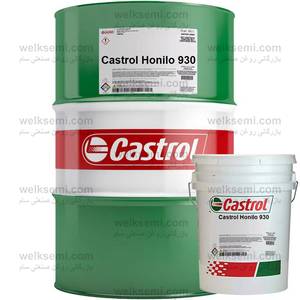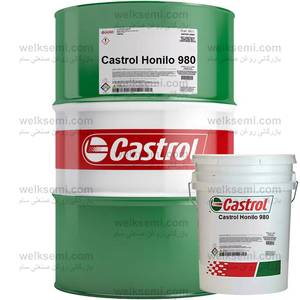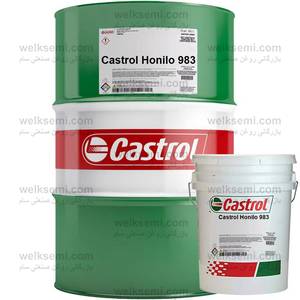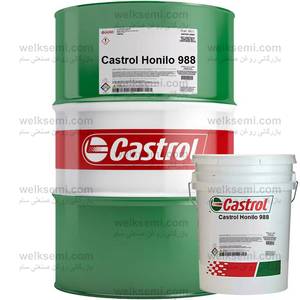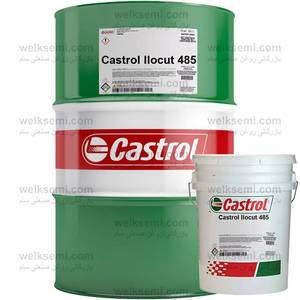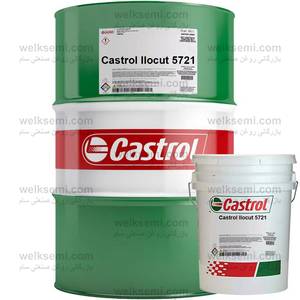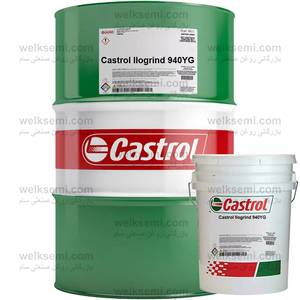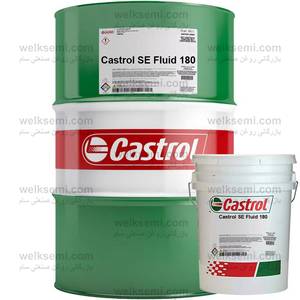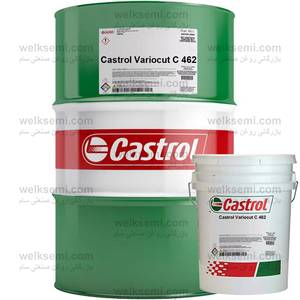Castrol Syntilo 9902: Metalworking Fluid
Castrol Syntilo 9902 is a high-performance metalworking fluid designed to provide superior lubrication and cooling during machining processes. This product functions as a cutting oil, suitable for various metal substrates, ensuring smooth operations and high-quality finishes. It enhances tool life and reduces wear on cutting edges, making it an essential choice for metalworking applications.
What is Castrol Syntilo 9902?
Castrol Syntilo 9902 is a specially formulated synthetic metalworking fluid. It is engineered for optimal performance in a variety of machining and grinding operations. With its unique blend of synthetic base oils and additives, Castrol Syntilo 9902 offers excellent cooling properties, reduces friction, and enhances the surface finish of machined parts.
The Importance of Metalworking Fluids
Understanding the role of Castrol Syntilo 9902 in metalworking processes is crucial. Metalworking fluids are vital for heat dissipation, lubrication, and corrosion prevention. They not only improve machining efficiency but also contribute to the longevity of tools and equipment. By utilizing Castrol Syntilo 9902, manufacturers can ensure consistent quality and durability in their products.
Benefits of Using Castrol Syntilo 9902
The advantages of Castrol Syntilo 9902 are numerous. Firstly, it enhances tool life due to its superior lubricating properties. Secondly, it minimizes smoke and mist during machining, creating a safer work environment. Moreover, Castrol Syntilo 9902 is biodegradable, ensuring a lesser impact on the environment compared to conventional cutting fluids.
Applications of Castrol Syntilo 9902
Castrol Syntilo 9902 is suitable for various applications, particularly in machining processes such as turning, milling, and grinding of metals. Its formulation allows it to perform effectively in both ferrous and non-ferrous metal operations, making it a versatile choice for manufacturers. With Castrol Syntilo 9902, businesses can achieve high production rates without compromising quality.
How to Use Castrol Syntilo 9902
Using Castrol Syntilo 9902 effectively involves understanding its application methods and maintenance. It can be applied through various means, such as flooding, misting, or high-pressure systems, depending on the specific requirements of the machining process. Regular monitoring and maintenance of the fluid will ensure its longevity and performance.
Castrol Syntilo 9902 Product Specifications
Castrol Syntilo 9902 boasts several specifications that define its quality and effectiveness. This fluid is formulated to provide excellent lubricity and cooling performance, with a viscosity suitable for a wide range of machining applications. Additional specifications include a high flash point, ensuring safe handling and reduced fire risk during operation.
Technical Information about Castrol Syntilo 9902
The technical details of Castrol Syntilo 9902 highlight its advanced formulation. It contains additives that enhance its performance through improved wetting properties and anti-corrosion capabilities. The chemical stability of Castrol Syntilo 9902 ensures it maintains its properties over extended periods, making it a reliable choice for continuous operations.
Purchasing Castrol Syntilo 9902
When considering the purchase of Castrol Syntilo 9902, it is essential to understand your specific machining needs. This product is readily available through various suppliers. Ensure to choose a reputable distributor to guarantee product authenticity and quality. Buying in bulk might also provide significant savings for businesses utilizing Castrol Syntilo 9902 extensively.
Conclusion: Why Choose Castrol Syntilo 9902
In summary, Castrol Syntilo 9902 stands out as a premium metalworking fluid that enhances machining performance and tool longevity. Its advanced synthetic formulation provides superior lubrication and cooling, essential for modern manufacturing demands. Choosing Castrol Syntilo 9902 means investing in quality, efficiency, and sustainable practices in metalworking.
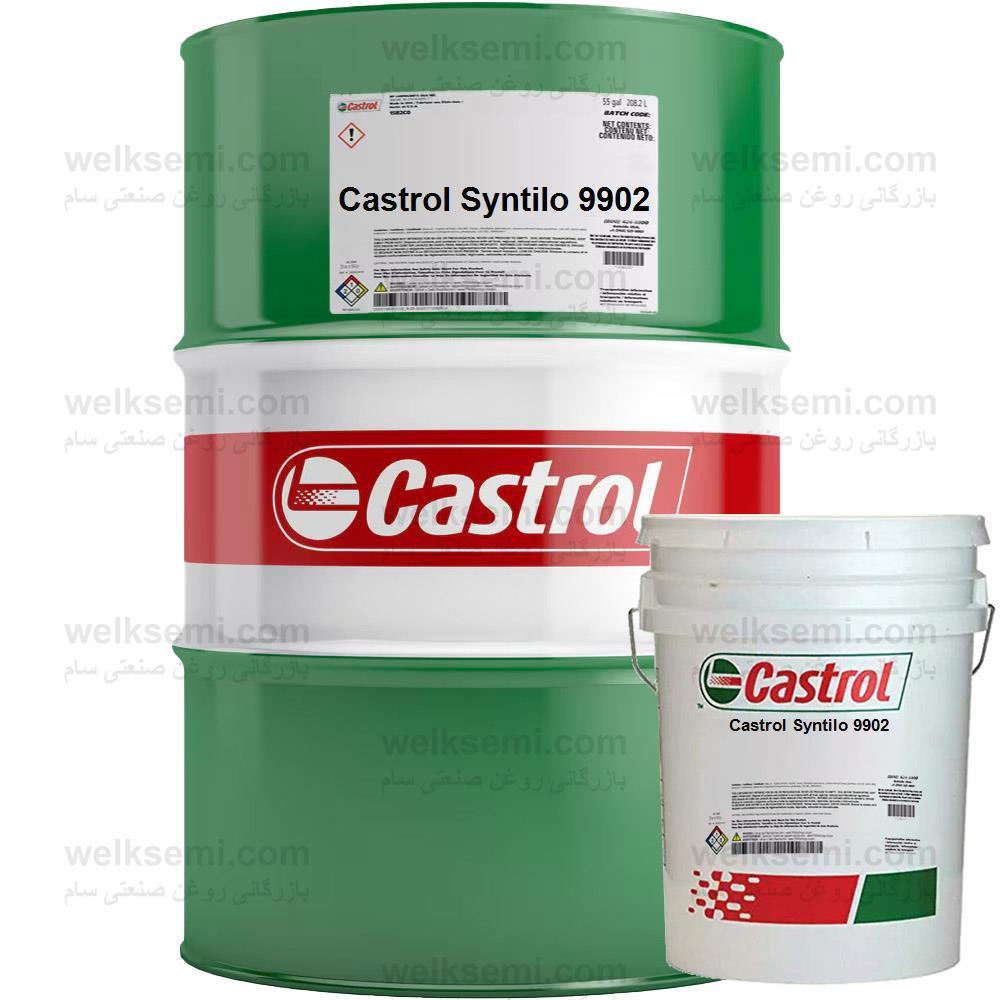

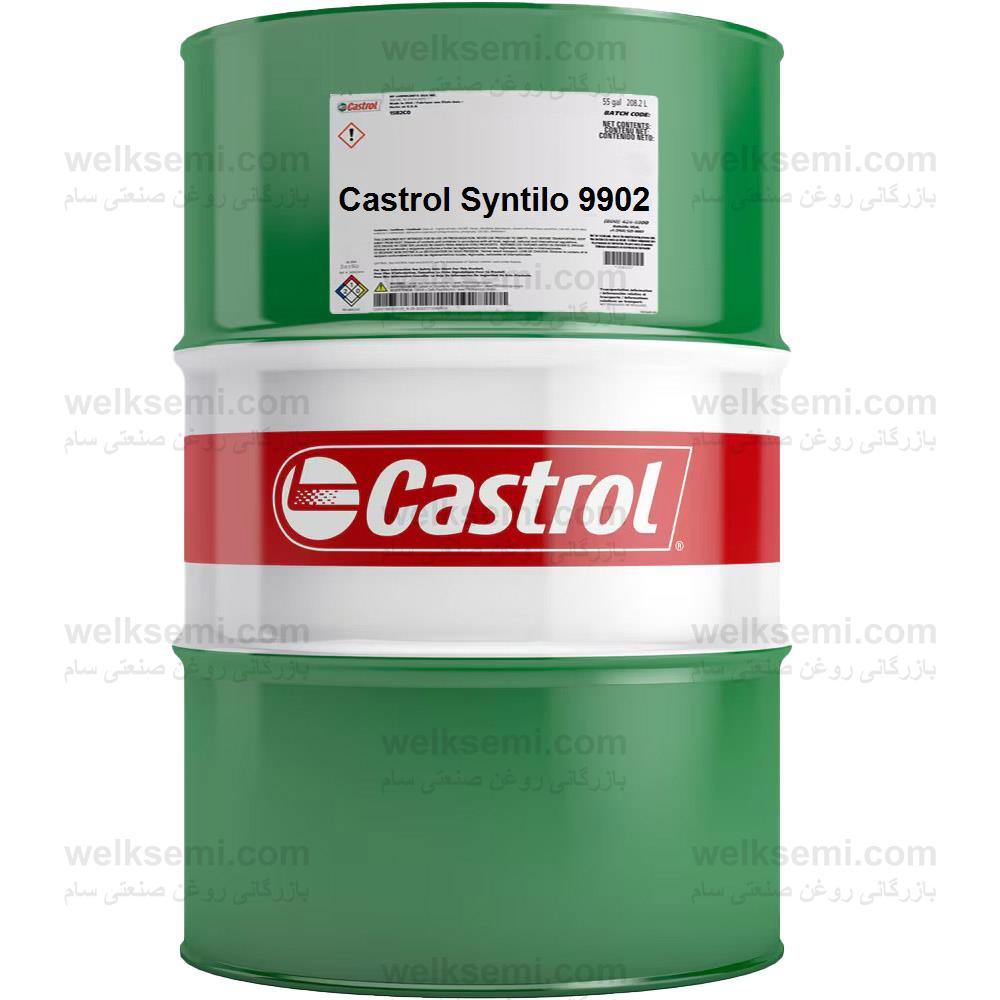
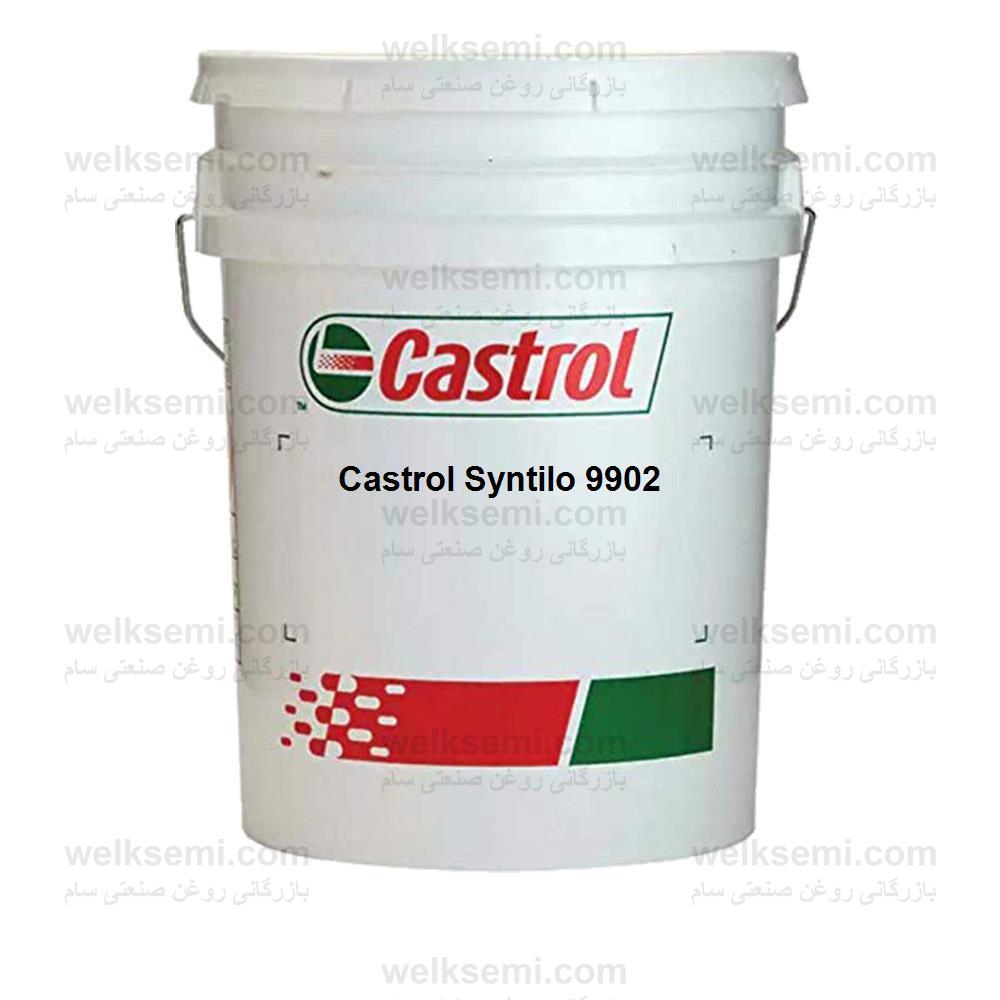







.jpg)
